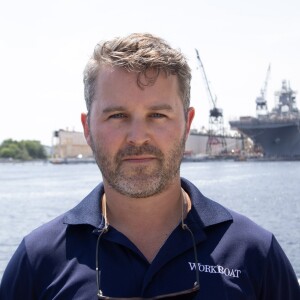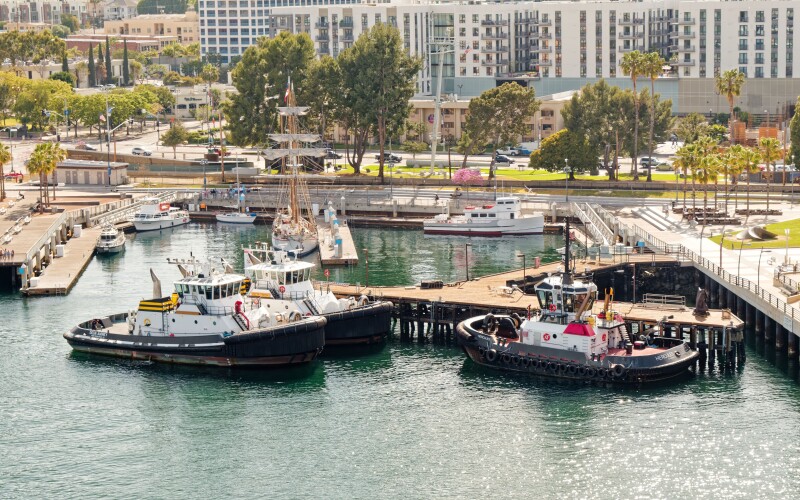In a joint letter released today, the International Organization of Masters, Mates & Pilots (MMP), the Inlandboatmen’s Union (IBU), and the Marine Engineers Beneficial Association (MEBA), reiterated their support of Assembly Bill 1122 (AB 1122), a critical legislative initiative focused on mariner safety. Simultaneously, they responded to the U.S. Coast Guard's recent communication addressed to the California Air and Resources Board (CARB) regarding concerns over diesel particulate filter (DPF) operating temperatures.
The USCG letter, dated Feb. 21, 2024, emphasized ongoing apprehensions about the feasibility and potential safety implications of DPFs. Notably, the Coast Guard underscored that DPFs verified by CARB might not necessarily meet USCG safety standards for installation on inspected commercial vessels.
The unions’ collective stance stands in direct opposition to CARB's harbor craft regulations. These regulations, labeled as “unworkable” and “deeply flawed”, have sparked widespread concerns within the maritime community. At the heart of this debate is mariner safety and supply chain operations.
Assembly Bill 1122, authored by Assembly member Dr. Jasmeet Bains, seeks to rein in CARB’s regulatory measures. Its core objective is to ensure that these regulations cannot take effect without rigorous certification of safety for mariners and minimal disruption to supply chain operations at California’s ports.
The bill demands that any equipment mandated by CARB for maritime operators must undergo expert approval. This step ensures that untested, unapproved, and potentially dangerous technologies do not compromise mariner safety or harm the marine environment.
AB 1122 recognizes that safeguarding mariners and harbor operations directly contributes to the smooth functioning of supply chains. Given that California’s ports handle 40 percent of the nation’s imports and exports, disruptions at California’s ports will have consequential effects on the nation’s economy.
The bill also sheds light on CARB’s communication with the USCG. CARB’s failure to acknowledge a 2021 safety letter from the USCG and its subsequent attempts to address the issue through an Executive Order fell short. AB 1122 emphasizes that safety decisions should involve direct discussions with labor organizations and vessel owners.
Those guidelines surrounding transparent communication echo the remarks from American Waterways Operators’ (AWO) president and CEO Jennifer Carpenter, where she expressed the need for collaboration and an approach that balances emission reduction with practicality and safety. In a discission with WorkBoat in November 2023, Carpenter noted, “What the industry is asking for is not, ‘do nothing, leave us alone,’ but rather, ‘let us work with you to devise an approach that works from a safety standpoint and that reduces emissions in a meaningful way.’ We share that goal. We can get there together.”




